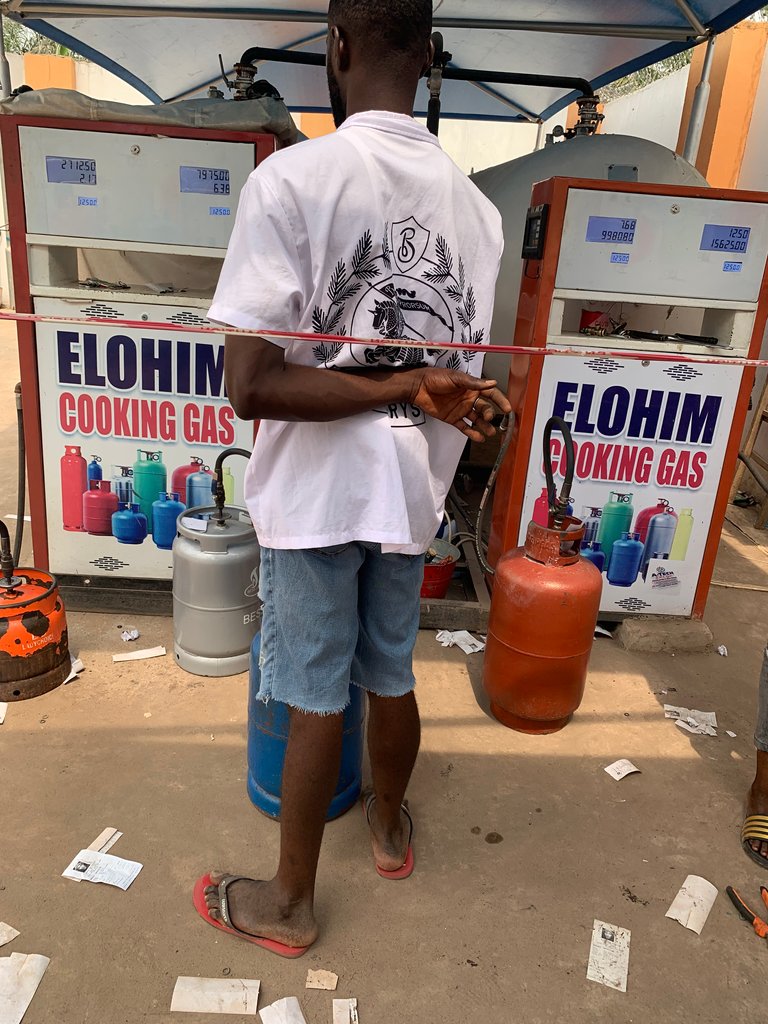Introduction:
Cooking gas, also known as liquefied petroleum gas (LPG), has become a staple in many Nigerian households. However, the recent surge in prices has left many citizens feeling the heat. At an astonishing rate of 1250 naira per Kg, cooking gas has become a luxury item, out of reach for many. In this blog post, we will delve into the factors contributing to this high cost and explore possible solutions to make cooking gas more affordable for all Nigerians.
Factors Contributing to High Cooking Gas Prices:
Global Demand and Supply Imbalance: The global demand for LPG has increased significantly in recent years, outpacing supply. This imbalance has led to a rise in prices, making it more expensive for Nigeria to import cooking gas.
Importation Costs: Nigeria relies heavily on imports to meet its cooking gas needs. The cost of importing LPG, including shipping and clearing charges, adds to the final price of the product.
Taxes and Levies: Multiple taxes and levies are applied to cooking gas at various stages of the supply chain, further increasing the cost.
Distribution Challenges: Inadequate infrastructure and transportation costs contribute to the high price of cooking gas in Nigeria.
Middlemen and Profiteering: Several intermediaries are involved in the supply chain, each taking their cut, which drives up the price of cooking gas.
Impact of High Cooking Gas Prices:
Increased Food Prices: The high cost of cooking gas affects food prices, as restaurants and food vendors pass on their increased costs to consumers.
Household Budget Strains: Many Nigerian households allocate a significant portion of their budget to cooking gas, leaving less for other essential expenses.
Health Concerns: The unaffordability of cooking gas leads some individuals to resort to alternative, less safe cooking methods, posing health risks.
Environmental Impact: The use of firewood and charcoal as alternatives to cooking gas contributes to deforestation and environmental degradation.
Solutions to Address High Cooking Gas Prices:
Investment in Local Production: Encouraging local production and refining of LPG can reduce dependence on imports and lower prices.
Improved Infrastructure: Developing adequate storage facilities, pipelines, and distribution networks can reduce transportation costs and make cooking gas more accessible.
Tax Reforms: Reviewing and streamlining taxes and levies on cooking gas can help bring prices down.
Regulation of Middlemen: Strengthening regulatory frameworks to prevent profiteering and reduce the number of intermediaries can make cooking gas more affordable.
Promotion of Alternative Energy Sources: Encouraging the use of renewable energy sources like biogas, solar, and wind power can reduce reliance on fossil fuels and lower cooking gas prices.
Conclusion:
The high cost of cooking gas in Nigeria is a complex issue that requires a multifaceted approach. By understanding the factors driving prices and implementing solutions to address them, we can work towards making cooking gas more affordable and accessible for all Nigerians. It is time to prioritize the basic needs of citizens and create a more inclusive and sustainable energy landscape.


Hello.
There is reasonable evidence that this article is machine-generated. We would appreciate it if you could avoid publishing AI-generated content (full or partial texts, art, etc.).
Thank you.
Guide: AI-Generated Content = Not Original Content
If you believe this comment is in error, please contact us in #appeals in Discord.